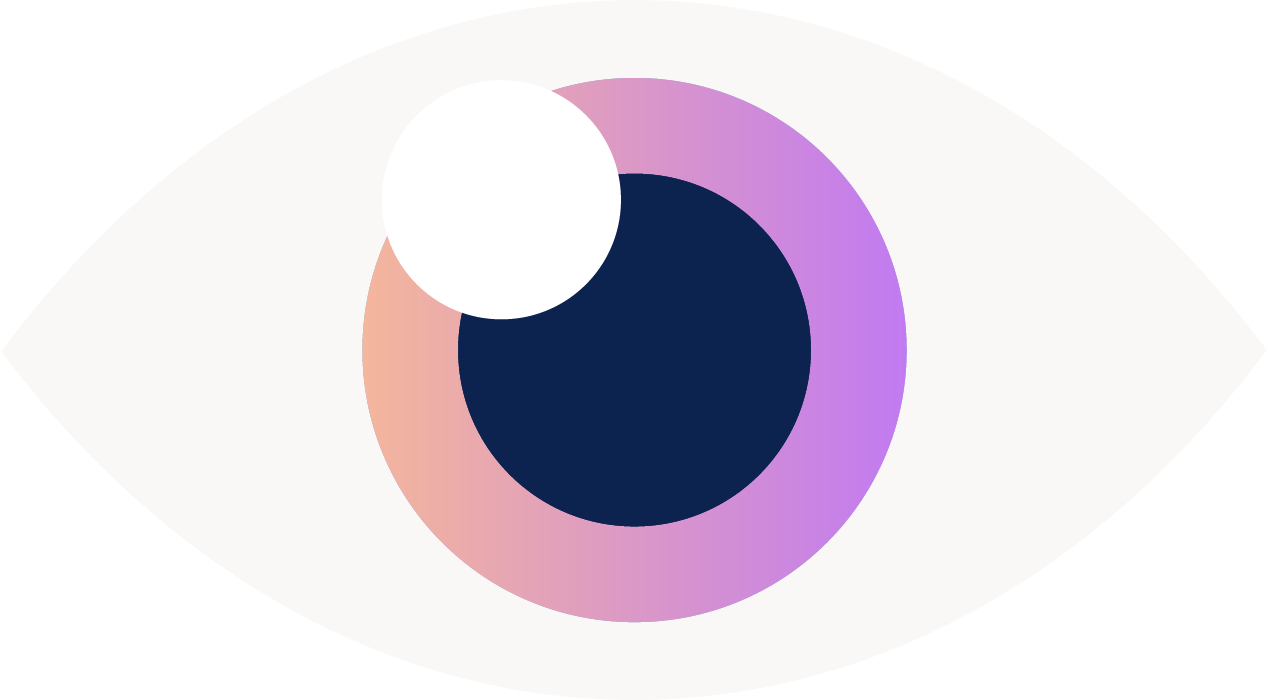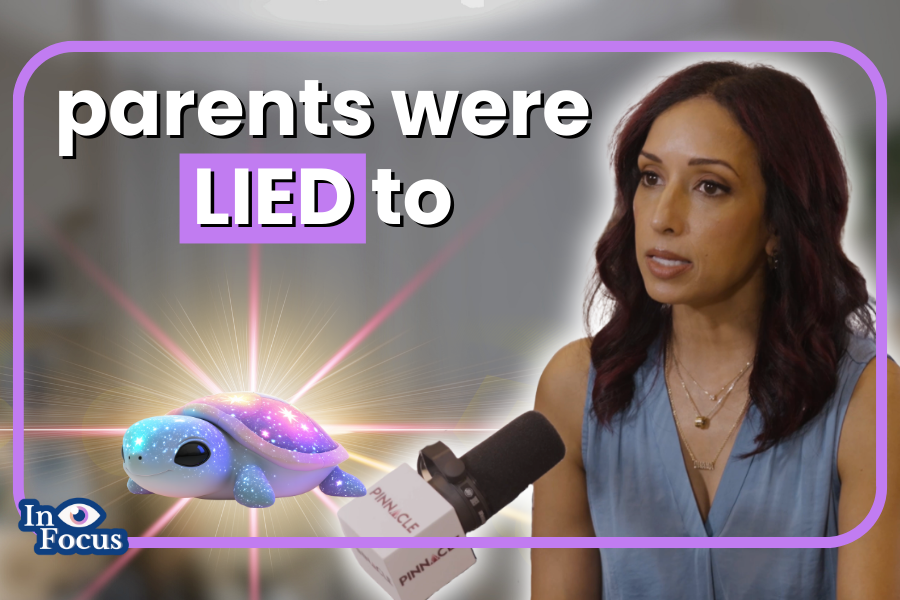
Guilt-Free Sleep: Do Nightlights Actually Ruin Your Child’s Vision?
In my clinic, I’m often asked whether using a night light will worsen a child’s vision. It’s a question that comes up again and again, usually tied to an old study that still circulates online. As both a pediatric ophthalmologist and a parent, I want families to know that the concern is understandable—but the fear is outdated. When we look at higher-quality data, night lights are not the driver of nearsightedness, and parents can make this choice without worry.
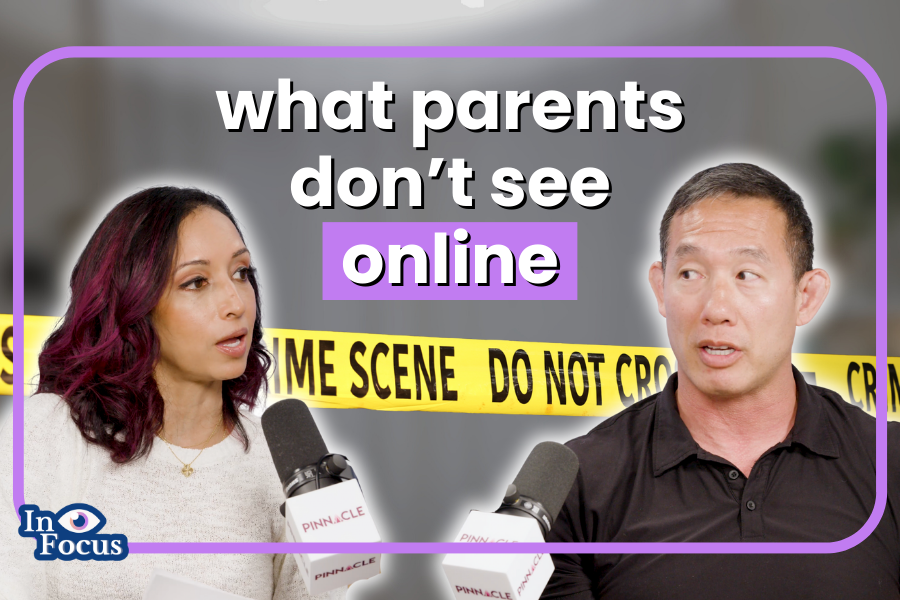
Online Safety 101: What Parents Aren’t Being Told About Their Kids’ Apps | Detective Michael Chun
I thought we were doing a pretty good job keeping our kids safe online — until this conversation with Detective Michael Chun. It made me realize that safety today isn’t just about filters and screen limits. It’s about teaching our kids how to notice what feels off, even on a screen. As a mom, that shift felt both sobering and empowering.
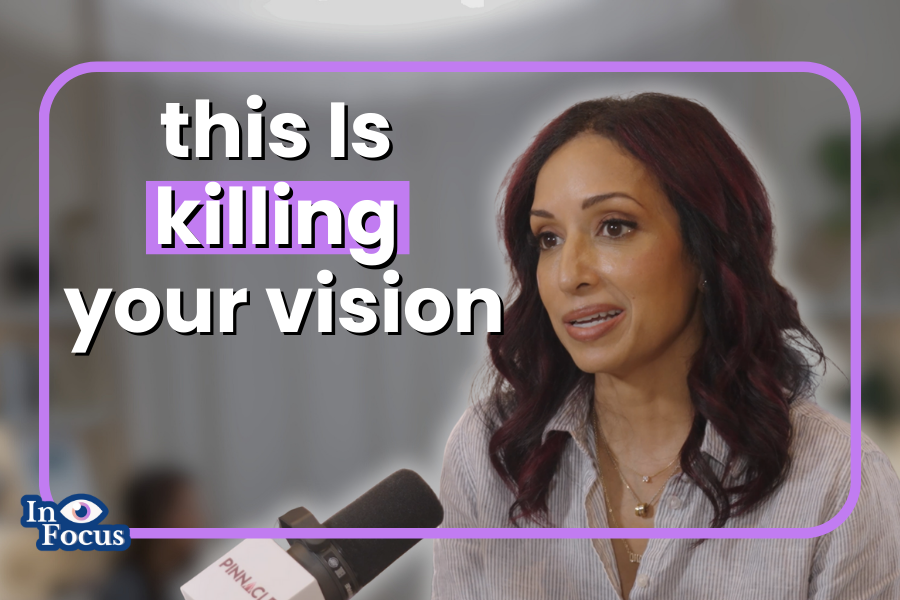
The Anti-Supplement Guide to Eye Health: Protecting Your Family’s Vision Without Extra Pills
Every January, I watch people overhaul their diets, their workouts, and their budgets—but almost no one thinks about their eyes. As a pediatric ophthalmologist and a mom of three, that scares me. Because unlike weight gain or missed workouts, you can’t undo damage to the eye later. Once certain cells are gone, they’re gone for good. That’s why I want parents to stop relying on marketing and start understanding what the eye actually needs—real food, real light, and habits that protect vision for decades, not just this year.
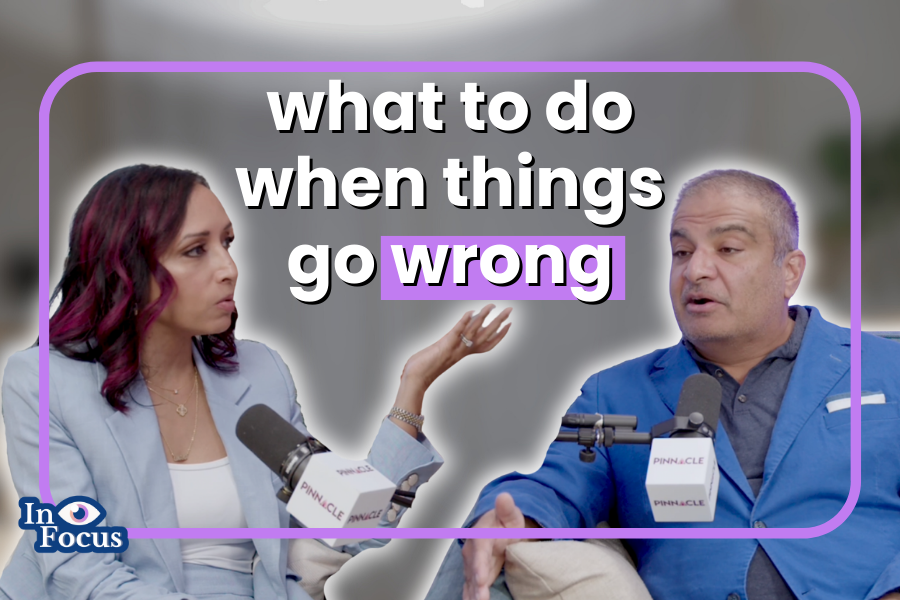
Minimizing Complications: What Questions to Ask Your Surgeon Beforehand | Uday Devgan, MD
Cataract surgery is often called “routine,” but what keeps patients safe happens long before—and far beyond—the few minutes in the operating room. In this final episode of my cataract surgery series, I sat down with Dr. Uday Devgan to talk about the real factors that reduce complications: recognizing subtle warning signs early, responding calmly when something changes, and continually learning from surgical experience. This conversation pulls back the curtain on what truly makes cataract surgery safe.
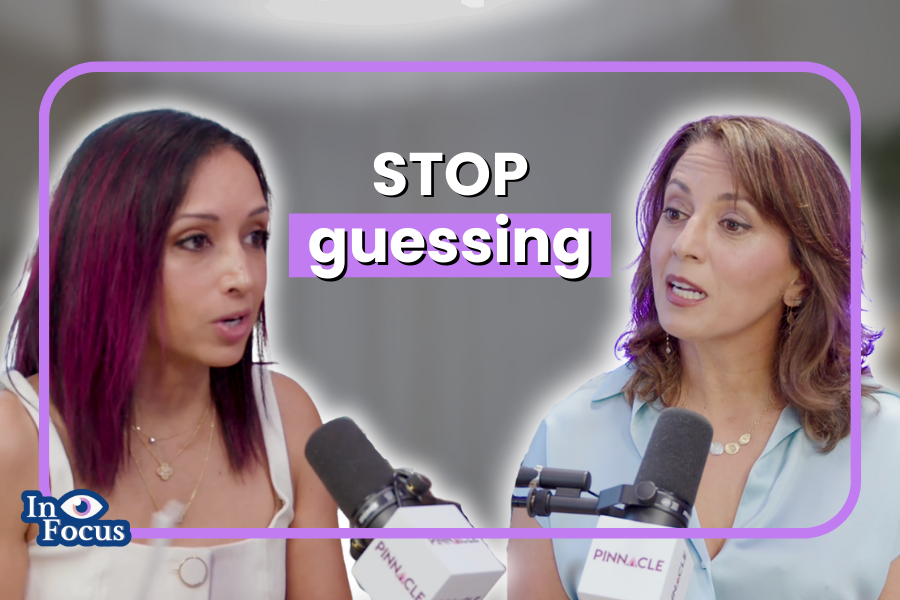
Personalizing Cataract Surgery: Aligning Patient Preferences and Ocular Characteristics | Neda Shamie, MD
Cataract surgery today looks very different from what many patients remember their parents or grandparents going through. We now have advanced lens technology that can reduce dependence on glasses—but only when it’s chosen carefully. That’s why understanding the decision-making process behind lens selection matters so much.

The "Mite" Problem: Why You Need to Treat Eyelids Before Surgery | Dagny Zhu, MD
Over the years, I’ve learned that some of the biggest vision problems don’t come from inside the eye at all—they come from the eyelids. I see patients every day who are preparing for LASIK or cataract surgery and feel completely fine, yet their eyelids are quietly inflamed and their tear film is unstable. When that happens, vision can fluctuate, measurements can be off, and recovery can be more uncomfortable than it needs to be. Once you understand how much the eyelids influence the surface of the eye, it changes the way you think about eye surgery altogether.

What to Expect After Cataract Surgery: Recovery, Results, and Red Flags
After cataract surgery, the most common question I hear is, “Why is everything still blurry?” And truly — that’s normal. Your eye is adjusting, healing, and getting used to a new lens. The scratchiness, light sensitivity, and even those sudden floaters are all part of the process. What matters is steady improvement. And if something feels off or suddenly changes, I always want you to reach out. Your healing is uniquely yours, and I’m here to walk you through it.

Had LASIK? Here’s What You Need to Know Before Cataract Surgery | Neda Nikpoor, MD
When patients who had LASIK years ago come to me with new cataracts, the first thing they ask is whether that old surgery changes anything now. And the answer is yes—but not in the scary way they imagine. LASIK permanently reshaped their cornea, which means cataract surgery requires a little more nuance, a little more precision, and the right lens choice. It’s one of the reasons I love bringing experts like Dr. Neda Nikpoor into these conversations—because there are fantastic options. You just need to understand how your past eye history shapes your future vision.

Choosing the Right Lens: What to Know Before Cataract Surgery
Somewhere between caring for my pediatric patients and helping my own parents navigate aging eyes, cataracts stopped being an abstract “later in life” problem and became very real. Sitting down with Priya, who lives in the cataract world every single day, shifted even my perspective as an ophthalmologist. It reminded me that cataract surgery isn’t just a procedure—it’s often the turning point that gives people their confidence, independence, and joy back.

Is It Time for Cataract Surgery? How to Know—and What to Ask First
When my dad started having trouble driving at night, he brushed it off the same way every time: “My cataracts aren’t ripe yet.” It wasn’t until I examined him myself that I saw how much he’d been adjusting without noticing — and how that old idea of “waiting” keeps so many people from getting help sooner.
